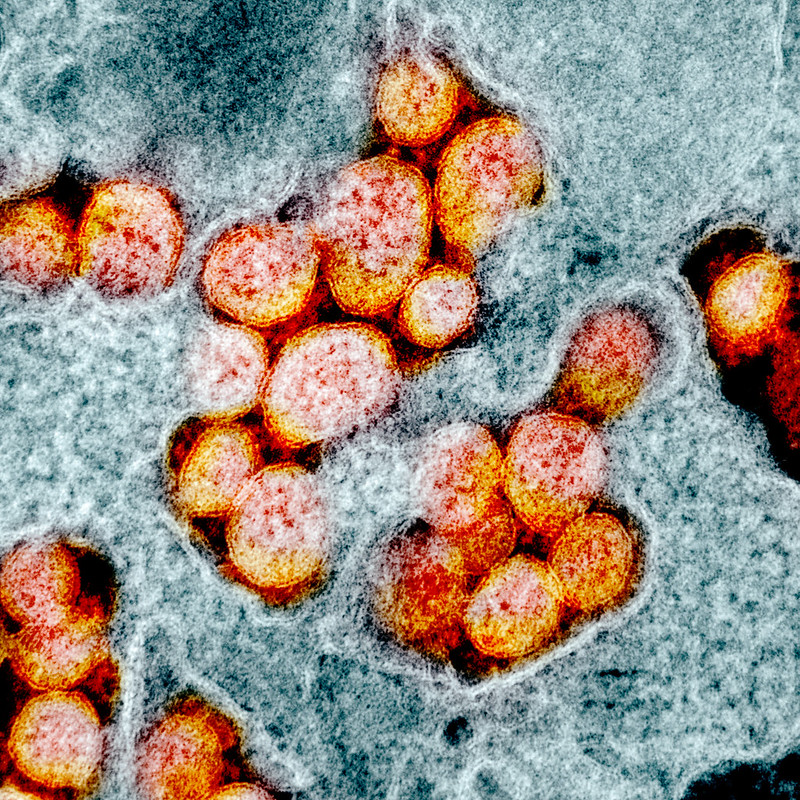GSK begins COVID-19 vaccine trial with Clover

GlaxoSmithKline has begun a COVID-19 clinical trial with China’s Clover Biopharmaceuticals, combining its booster with the biotech’s early-stage vaccine.
GSK said it had begun a phase 1 clinical trial after studies in several different types of animal showed the beneficial effect of the vaccine, with high levels of neutralising antibodies against the SARS-CoV-2 coronavirus that causes the disease.
Preliminary safety and immunogenicity results for the phase 1 study are expected in August 2020.
Planning for a global phase 2b/3 vaccine efficacy trial has already begun, slated to begin later this year if the pre-clinical trial goes well.
The use of an adjuvant is of particular importance in a pandemic situation since it can reduce the amount of protein required per dose, allowing more vaccine doses to be produced and made available to more people.
At the beginning of the pandemic GSK made its adjuvant technology available to anyone developing a vaccine and has paired it with Clover’s COVID-19 S-Trimer vaccine, SCB-2019.
The companies announced they would begin a collaboration to develop a COVID-19 vaccine candidate at the end of February.
Like many of the vaccines under development, Clover has based its vaccine around a copy of the “Spike” protein seen on the surface of the coronavirus.
This protein allows the virus to bind with cells and infect them, and scientists also think it is the target that is most likely to produce an immune reaction.
GSK has announced several scientific collaborations globally to develop adjuvanted COVID-19 vaccines. GSK expects further studies to begin across the range of its collaborations, including with Sanofi, later this year.
According to a regularly-updated document from the World Health Organization, there are 13 other vaccine candidates in clinical development.
The most advanced is being developed by Oxford University and AstraZeneca and is in phase 3 development.
This uses a modified version of the common cold – known as an adenovirus – containing the genetic material of the Spike protein to give immunity.
Other frontrunners include a candidate from CanSino Biological and the Beijing Institute of Technology and an RNA vaccine from Moderna and the US-government backed National Institute for Allergy and Infectious Diseases (NIAID).
Feature image courtesy of Rocky Mountain Laboratories/NIH











